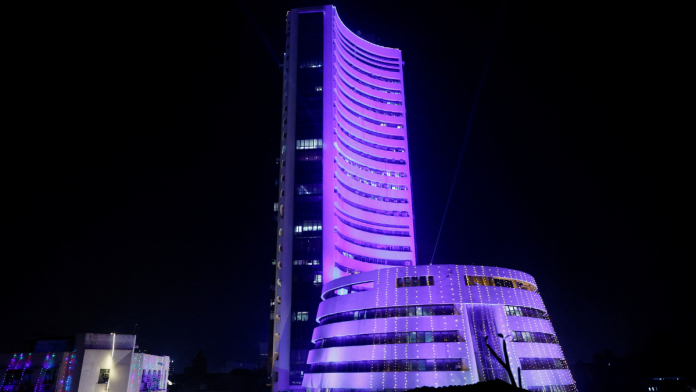In the run-up to Diwali, investor returns have hardly the sparkle that retail players were anticipating earlier. The Nifty has fallen nearly 6% over the past 1 month, while the Sensex has lost over 4,800 points or almost equal in terms of percentage loss. October is shaping up to be particularly challenging, resulting in the maximum loss in a single month since Covid-19 crash, and the most difficult pre-Diwali period in the last decade.
Historical Context – Maximum loss since 2015
Historically, the Nifty has seen negative returns in just four instances leading up to Diwali since 2014, with an average return of 0.84%.
The worst performance was in 2015, when the index fell by 4.45%. Last year, the Nifty experienced a decline of 1.36%, but this year, it is on track to surpass the 2015 decline.
What’s making the sentiment bearish?
Market sentiment is shifting, with analysts noting a growing emphasis on quality over momentum. Foreign Institutional Investors (FIIs) have been pulling out funds, prompting a change in trading strategies from “buy on dips” to “sell on rallies.”
Also ReadMuhurat session will usher in some positivity, says Geojit Financial Services
This trend is expected to persist until there are clear indicators of consumption and earnings growth returning to the market.
FIIs on a selling spree in October
As of October 24, 2024, foreign portfolio investors (FPIs) have offloaded Indian equities valued at Rs 98,086 crore, according to data from the National Securities Depository Limited (NSDL). In contrast, domestic institutional investors (DIIs) have recorded net purchases totaling Rs 92,932 crore during the same period, helping to offset the impact of the ongoing selloff by foreign investors.
Subdued Q2 results weigh on markets
The markets have been impacted by weak earnings in Q2 FY25, with revenue growth expectations remaining muted. Ratings agency CRISIL projects that revenue growth for Indian companies in the July-September quarter will be between 5-7 percent year-on-year (Y-o-Y), marking the slowest growth in 16 quarters.
Inflation worries
Analysts have expressed concern over persistent inflation and the Reserve Bank of India’s (RBI) decision to maintain steady interest rates for the time being. They noted that demand conditions remain uncertain, compounded by prolonged rains and floods that have adversely impacted growth in the September 2024 quarter (Q2 FY25).
» Read More


